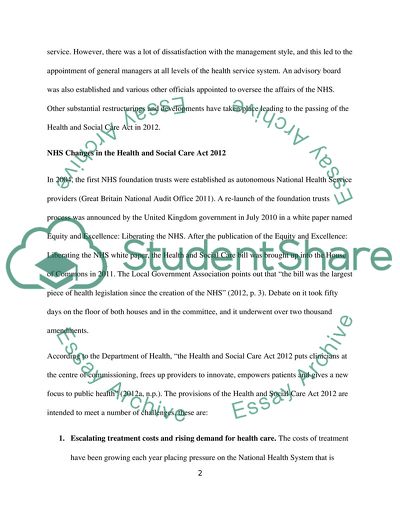Cite this document
(“Health Policy Essay Example | Topics and Well Written Essays - 1500 words”, n.d.)
Health Policy Essay Example | Topics and Well Written Essays - 1500 words. Retrieved from https://studentshare.org/miscellaneous/1618405-health-policy
Health Policy Essay Example | Topics and Well Written Essays - 1500 words. Retrieved from https://studentshare.org/miscellaneous/1618405-health-policy
(Health Policy Essay Example | Topics and Well Written Essays - 1500 Words)
Health Policy Essay Example | Topics and Well Written Essays - 1500 Words. https://studentshare.org/miscellaneous/1618405-health-policy.
Health Policy Essay Example | Topics and Well Written Essays - 1500 Words. https://studentshare.org/miscellaneous/1618405-health-policy.
“Health Policy Essay Example | Topics and Well Written Essays - 1500 Words”, n.d. https://studentshare.org/miscellaneous/1618405-health-policy.


